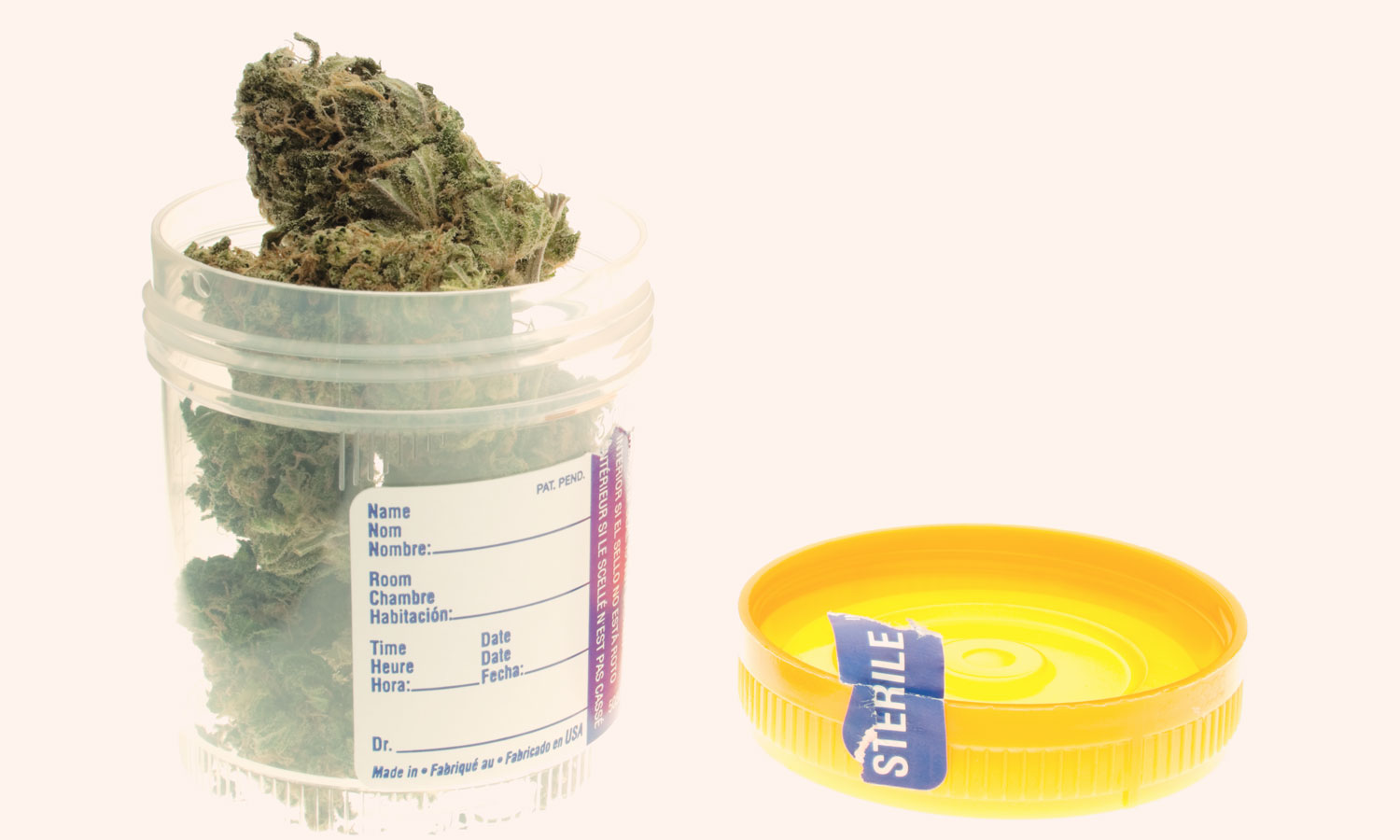“A scientifically reliable objective testing method that indicates the presence of cannabinoid metabolites in the employee’s bodily fluid alone is insufficient to support an adverse employment action,” according to new workplace guidance.
By
The New Jersey Cannabis Regulatory Commission (NJ-CRC) approved new guidance for “employers stating that they cannot be penalized based solely on positive drug tests for cannabis metabolites.”
These are interim policies that will be in effect as the commission “formulates and approves standards” for “Workplace Impairment Recognition Expert” (WIRE) certifications, reported Marijuana Moment.
“Although tests are improving in accuracy, there is no perfect test for detecting present cannabis impairment,” Jeff Brown, NJ-CRC Executive Director, wrote in the new guidance document.
“Therefore, best practice has been for employers to establish evidence-based protocols for documenting observed behavior and physical signs of impairment to develop reasonable suspicion, and then to utilize a drug test to verify whether or not an individual has used an impairing substance in recent history.”
RELATED: Drug Testing At Work Is A Thing Of The Past, Study Finds
Moreover, NJ-CRC provided a sample form that employers can reference or adopt when they suspect an employee of being intoxicated on duty. It lists a number of “physical signs” and “behavioral indicators” of impairment and prompts them to fill out the relevant information if they intend to submit a reasonable suspicion report.
“A scientifically reliable objective testing method that indicates the presence of cannabinoid metabolites in the employee’s bodily fluid alone is insufficient to support an adverse employment action,” continues the workplace guidance. “However, such a test combined with evidence-based documentation of physical signs or other evidence of impairment during an employee’s prescribed work hours may be sufficient to support an adverse employment action.”
“When incorporating this guidance, employers should ensure compliance with all state and federal employment laws,” New Jersey marijuana regulators said.
Additionally, Brown said that “striking a balance between workplace safety and work performance and adult employees’ right to privacy and to consume cannabis during their off hours is possible. We have been doing that with alcohol without thought.”

Cannabis Regulations At Workplace In Other States
Recently, the D.C. Office of Employee Appeals (OEA) ruled in favor of a government employee and medical marijuana (MMJ) patient who was fired after being suspected of intoxication in the workplace and who subsequently tested positive for marijuana in late 2020.
In July, Washington, D.C. Mayor Muriel Bowser signed a bill protecting employees from discrimination in the workplace based on their recreational or medical marijuana use.
RELATED: Another Federal Agency Urges Employees Not To Use Marijuana, Warns Of Repercussions
In California, a proposed bill passed through both houses of the legislature would prohibit people from losing their jobs for smoking marijuana outside of work. Specifically, it would prohibit companies from punishing those who fail a certain type of drug test. Among other marijuana measures awaiting Gov. Newsom’s signature is this legislation that would provide job protections for people who smoke marijuana off the clock.
Recently, the New York Police Department (NYPD) announced it will stop randomly testing police officers or job applicants for cannabis. What’s more, at the same time, the New York City Fire Department (FDNY) announced it is considering a change to its cannabis testing policy.
This article originally appeared on Benzinga and has been reposted with permission.


